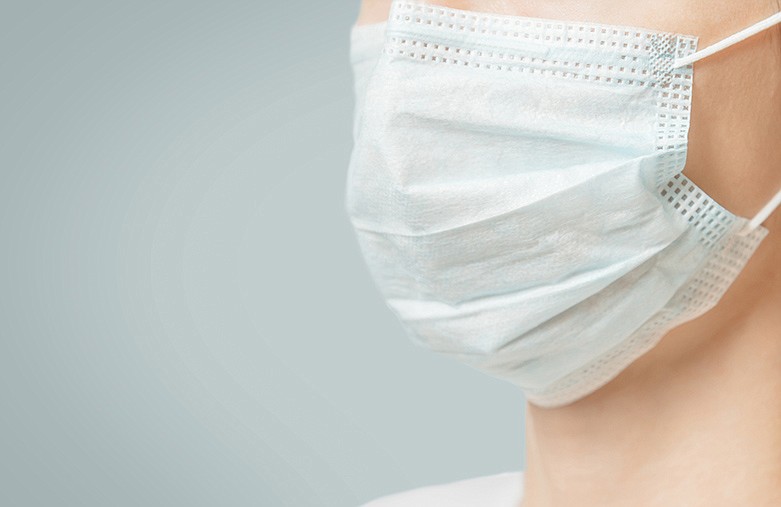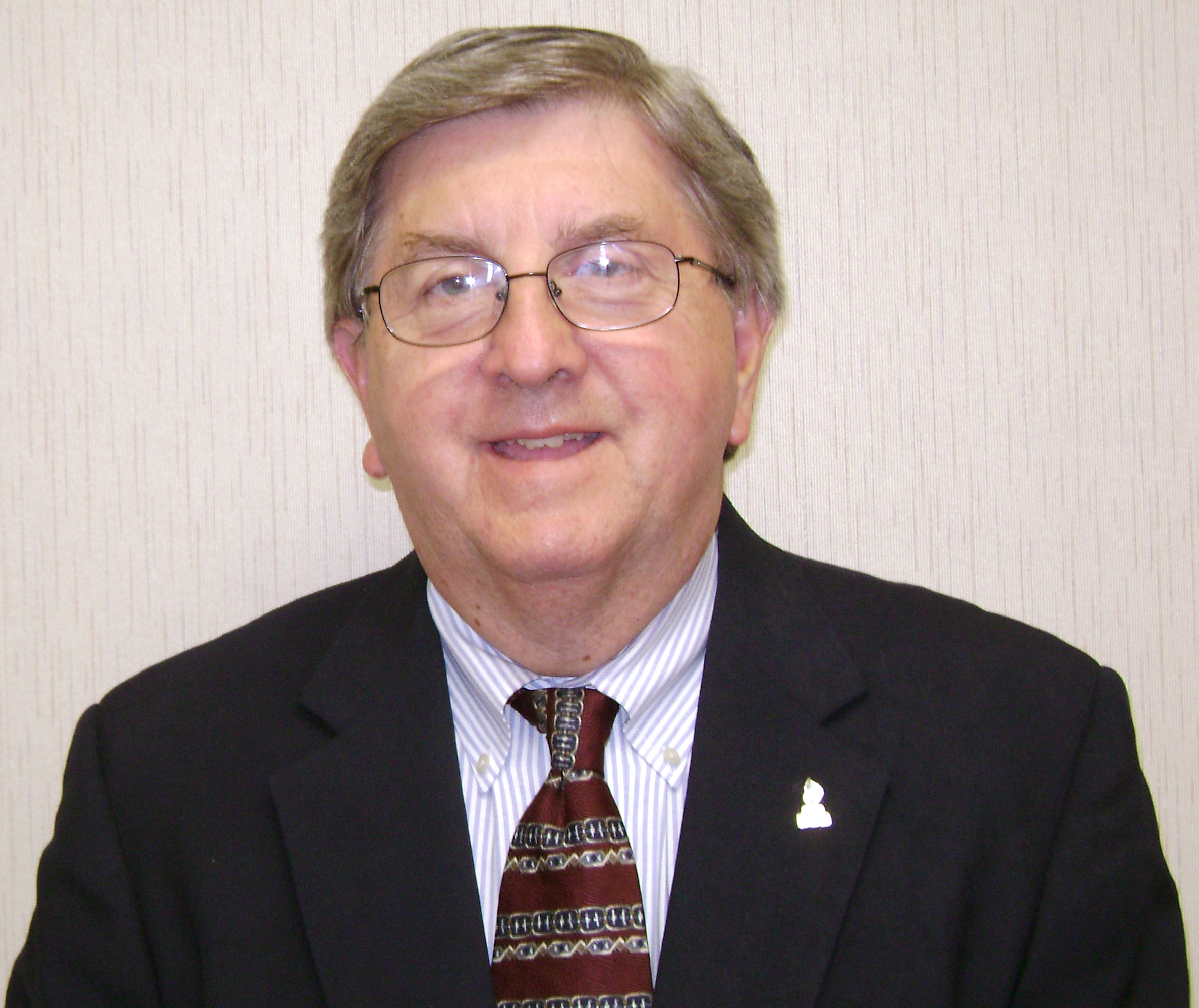For answers to frequently asked questions about coronavirus, click here.
Q. Consumers are preparing for the Coronavirus. What scams is the BBB aware of in the marketplace?
A. Scammers love to take advantage of our fears, and the spread of a new disease like coronavirus is downright scary. As you strive to keep yourself and loved ones healthy, be sure to watch out for counterfeit face masks and other scams.
How the Face Mask Scam Works
You want to buy a face mask to help protect yourself – or family – from coronavirus. But so many other people have the same idea. Masks are sold out in your local stores and even from Amazon sellers. So instead, you turn to purchasing masks from an online shop you don't know.
Unfortunately, phony online stores abound – especially when an item is in high demand. Some sites may take your money and send you low-quality or counterfeit masks. Others may never deliver anything. In the worst cases, these sites are actually a way to steal your personal and credit card information, opening you up to identity theft.
Should you even buy a mask at all? The Centers for Disease Control and Prevention (CDC) says no, save them for the medical professionals who really need them.
Face masks may be the first phony product to crop up in the coronavirus outbreak, but it's likely not the last. It's likely that scammers will use the coronavirus as another chance to market products falsely claiming to cure the disease.
Watch out for Coronavirus Cons
Keep the following tips in mind when looking for face masks or other ways to protect you from the coronavirus.
Don't panic. Do your research: Be skeptical of alarmist and conspiracy theory claims and don't rush into buying anything that seems too good – or crazy – to be true. Always double check information you see online with official news sources.
Be savvy about product claims. While wearing a face mask may seem like an easy way to stop coronavirus from spreading, the Centers for Disease Control www.cdc.gov do not actually recommend it for the general public. Be sure to evaluate claims of any medical product before buying. Especially watch out for products claiming to offer a "miracle cure" for a range of ailments.
Only buy from reputable stores and websites. The best way to avoid getting scammed is to buy an item directly from a seller you know and trust. Check BBB.org to see what other consumers' experiences have been.
Be sure the online store has working contact info: If a company seems legitimate but you aren't familiar with it, be extra careful with your personal information. Before offering up your name, address, and credit card information, makes sure the company is legitimate. A real street address, a working customer service number, a positive BBB Business Profile. These are just a few of the things to be looking out for to determine if a company is legitimate.
Check with your doctor before buying: If you're tempted to buy an unproven health product or one with questionable claims, check with your doctor or other health care professional first.
Be wary of personal testimonials and "miracle" product claims. Be suspicious of products that claim to immediately cure a wide range of diseases. No one product could be effective against a long, varied list of conditions or diseases. Also, testimonials are easy to make up and are not a substitute for scientific evidence.
It's "all natural." Just because it's natural does not mean it's good for you. All natural does not mean the same thing as safe.
For More Information
Read more about coronavirus scams on the Federal Trade Commission's website, www.consumer.ftc.gov and see BBB's alert about counterfeit face masks www.bbb.org Learn more about the disease at the CDC's FAQ page, www.cdc.gov . Also, the FDA is updating www.fda.gov about its progress in developing a treatment for coronavirus.
If you've spotted a scam (whether or not you've lost money), report it to BBB.org/ScamTracker. Your report can help others avoid falling victim to scams.
Jim Winsett is president of the Better Busiiness Bureau in Chattanooga.

